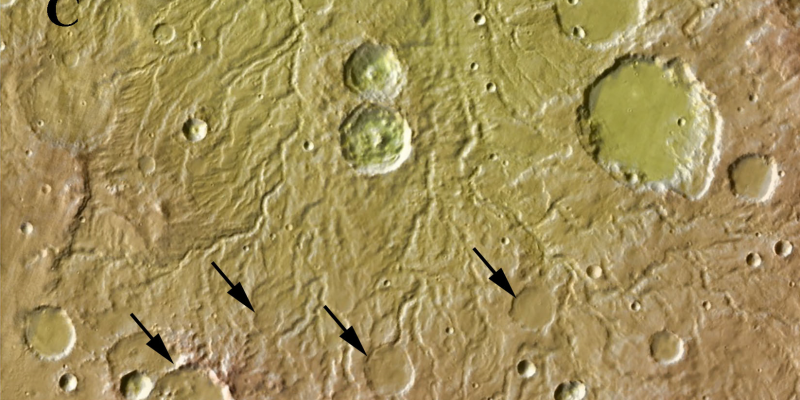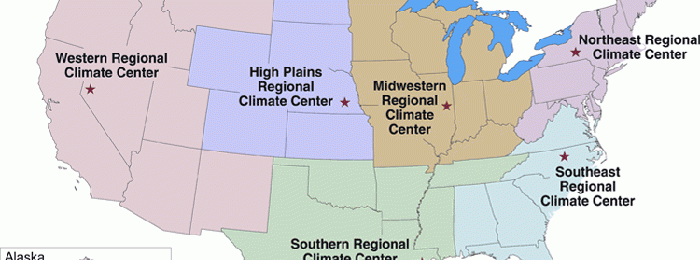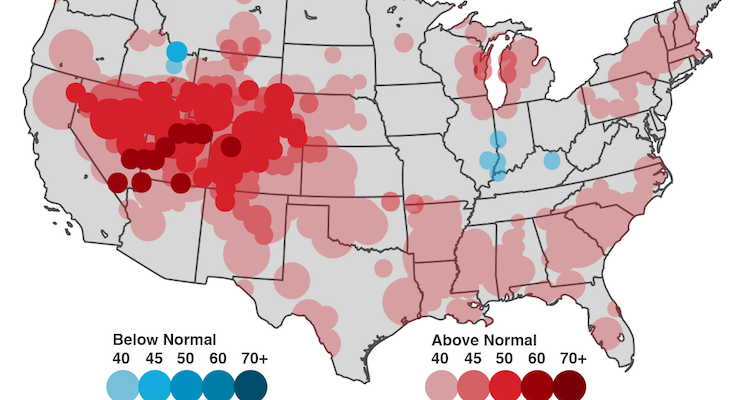June 2017
-

Unless you’re Matt Damon, you’re unlikely to think about agriculture on Mars anytime soon, but it’s still interesting to speculate on what the weather might have been like there in the past. EarthSky posted a story this week about how geologists and other scientists are determining the past weather on Mars and the signs for…
-

The Climate History Network is a group of scientists who study past climates and their impact on history. The scientists are from all around the world, although it appears that they started in Europe. They have put together a list of historical climate databases around the world that they use in their work, including many…
Posted in: Sources of weather and climate data -

In the FY 2018 budget submitted to Congress, program funding for the Regional Climate Centers (RCC) was reduced by 82%. With this reduced level of funding the RCCs will not be able to respond to customer phone requests, collect current weather and climate information, and provide an active website that includes value-added climate information and…
-

Dr. Jeff Masters of Weather Underground has a discussion today about climate conditions for the upcoming summer based on the latest forecast from Columbia University’s International Research Institute for Climate and Society. It shows that parts of the US, particularly the intermountain west including Denver and Salt Lake City have the highest chance of above…
-

It’s no surprise that weather has a big effect on crop development this time of year. The floods in the Midwest have been particularly bad for farmers, but other regions have also experienced impacts from frost and other extreme weather. Here is a sampling of recent stories I have read that caught my eye. AgWeb:…
-

The Southeast Farm Press posted a story this week by Brad Haire on a long-lived alfalfa plot growing in south Georgia at the Sunbelt Ag Expo Darrell Williams Research Farm. Contrary to popular belief, alfalfa can not only grow but thrive in the region, especially as new varieties adapted to local conditions come to market.…
-

NASA reported that during the time period from 2002 to 2016, the continent of Antarctica lost 125 gigatons of ice as measured by the GRACE satellite instrument. The sea level rise from this ice loss amounts to 0.35 millimeters per year according to their report. While this might not seem like much, ice loss is…